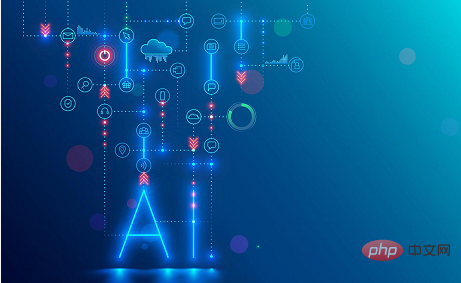
The study of the most basic level of human cognition is called basic cognitive processing, also known as cognitive science. Psychology, neurology and cognitive neuroscience are the main research fields of cognitive science, and many of their discoveries have important applications in artificial intelligence, that is, the discipline of machine learning.

Interestingly, studies in neurophysiology and microscopic mapping support the idea that complex mental operations can be explained at a systems level. AI systems operate in many ways, like simplified versions of our brains.
Artificial Intelligence is getting smarter every day. If artificial intelligence reaches a level of intelligence similar to humans, it will be subject to the same limitations as humans. The interpretation and formation of human-level cognition by humans complicates the computation of artificial intelligence systems in machine learning. Principles from intuition and brain research suggest that people have specific interpretation preferences before expressing facts. But if we rely too much on AI, we risk underestimating the importance of human behavior. Furthermore, even as AI systems improve in countless ways, we still don’t fully understand how humans accomplish similar but more difficult tasks in these domains. Even as we try to define what "person" is, the distinction becomes increasingly blurred.
The availability heuristic asserts that people generally rely more on data that confirms their current thoughts, which is a significant cognitive bias when it comes to AI choices. When faced with conflicting or ambiguous data, we tend to gravitate towards the most relevant or logical interpretation of the given evidence. This strategy may work in some cases, but in many cases, it may lead to a cycle of failure that cannot be broken. Memory leaks occur when an algorithm relies heavily on heuristics to make decisions and ends up relying on irrelevant or outdated information. This is a typical example.
Humans prefer to use heuristics when making decisions, which is easy to observe, but these biases are automatic and unconscious, making them difficult to identify. There is good reason to think that humans have been exploiting biases in their daily lives since the days of hunter-gatherer cultures. Many of the skills humans possess today, such as language and mathematics, were acquired with the help of various learning strategies, such as mirroring. Learning information is not difficult and our brains can decode it quickly.
It is incorrect to assert that bias still plays a small role in human decision-making. Although improved filtering methods are constantly being developed, there is currently no single solution to AI advancements. We know that both artificial intelligence and the human mind are fallible. This means that no artificial intelligence system will completely replace a human in any calculation, no matter how advanced neural networks are at predicting their next move.
Because cognitive biases are ingrained in human nature and unlikely to disappear, AI systems will need to take them into account. A perfect artificial intelligence system cannot be manufactured. The methods currently being used can only be enhanced, optimized and improved while giving other parts of the system a human-like quality. The better you understand cognitive biases, the more effectively you can use machine learning and artificial intelligence.
The above is the detailed content of How do cognitive biases affect artificial intelligence?. For more information, please follow other related articles on the PHP Chinese website!




